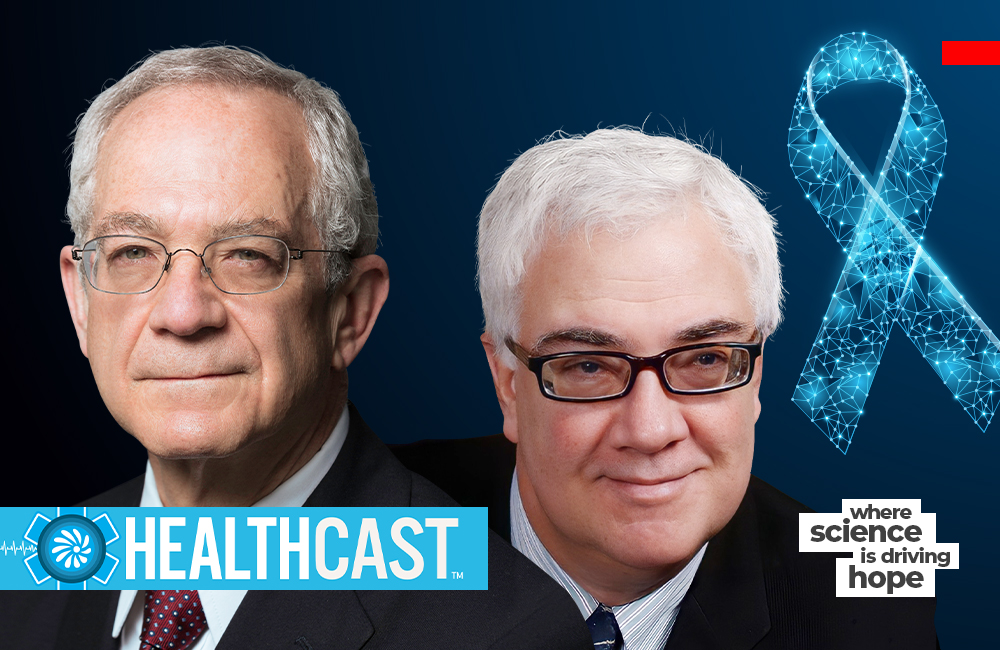In June, a study supported by the National Cancer Institute found that for people with HIV, early treatment of precancerous anal lesions caused by human papillomavirus (HPV) can cut rates of anal cancer incidence by more than half. These findings from the Anal Cancer/HSIL Outcomes Research (ANCHOR) study are creating secondary prevention options for those at risk for anal cancer who have not received the HPV vaccine. We look into the history of the study and what its work means for those at risk for anal cancer.
Cancer HealthCast
47m listen
An Intersectional Look at Anal Cancer and HIV
Share

NCI’s ANCHOR study discovered that early treatment of precancerous lesions can cut anal cancer rates by more than half in people with HIV.

An Intersectional Look at Anal Cancer and HIV
0:0047:15

-
 Dr. Joel Palefsky Professor of Medicine University of California San Francisco
Dr. Joel Palefsky Professor of Medicine University of California San Francisco -
 Dr. Robert Yarchoan Director, Office of HIV and AIDS Malignancy NCI
Dr. Robert Yarchoan Director, Office of HIV and AIDS Malignancy NCI
Related Content
-

AI is Helping Navy Track Global Maritime Activity
NRL is using AI to analyze over 400 million daily data points to monitor global vessel activity and flag potential threats.
17m watch -

How NASA’s AI Plan Boosts Government Efficiency
NASA Chief Data and AI Officer David Salvagnini shares how the agency is integrating AI with data to drive innovation and efficiency across government.
9m watch -

Doing More with Less is Muscle Memory for IRS, Former Deputy CIO Says
Darnita Trower discusses her experience, the legacy she’s left behind and how she pushed the IRS to modernize itself,
20m watch -

Inside DOD’s Push to Grow the Cyber Workforce Through Academia
Diba Hadi gives her first interview since becoming principal director of the DOD’s Cyber Academic Engagement Office.
15m listen



